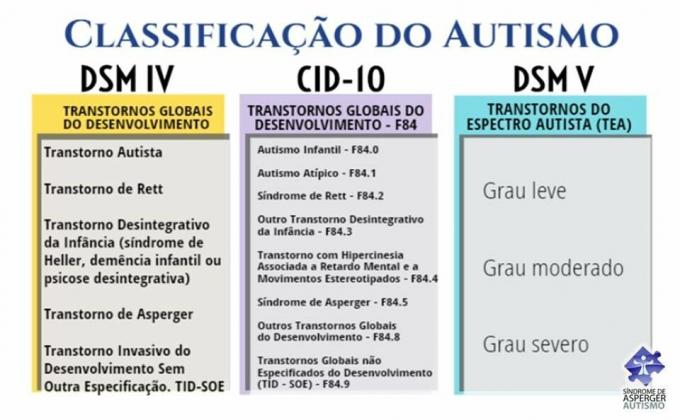The diagnostic category of Global Developmental Disorders (TGD) refers to a group of conditions characterized by delays in the development of socialization and communication skills.
Early intervention, including appropriate, specialized educational programs and support services, plays an essential role in improving the outcome of individuals with PDD. These conditions do not affect a person's life expectancy.
Symptoms
Parents may notice symptoms as early as infancy, although the typical age of onset is before 3 years of age. Symptoms may include:
- Problems with the use and understanding of language (difficulty related to people, objects and events);
- Unusual games with toys and other objects;
- Difficulty with changes in routine or familiar environments, Repetitive body movements or Behavior patterns.
Autism is the most common and most studied disease when it comes to PDD. Other types of Pervasive Developmental Disorders include the Asperger's syndrome, Childhood Disintegrative Disorder and Rett Syndrome.
- Free Online Inclusive Education Course
- Free Online Toy Library and Learning Course
- Free Online Preschool Math Games Course
- Free Online Pedagogical Cultural Workshops Course

Children with PDD have varied abilities, intelligence and behaviors. Some children speak absolutely nothing, others speak in limited sentences or conversations, and some have relatively normal language development.
Repetitive gaming skills and limited social skills are also evident. Sufferers with this condition may have unusual responses to sensory information such as noise and lights.
Treatment
There is no known cure for TGD. Medicines are used to solve specific behavioral problems. Therapy for children with Pervasive Developmental Disorders should be specialized and as needed.
Some children with PDD undergo special education in specialized classrooms where the class size is small and instruction is given individually.
The password has been sent to your email.
